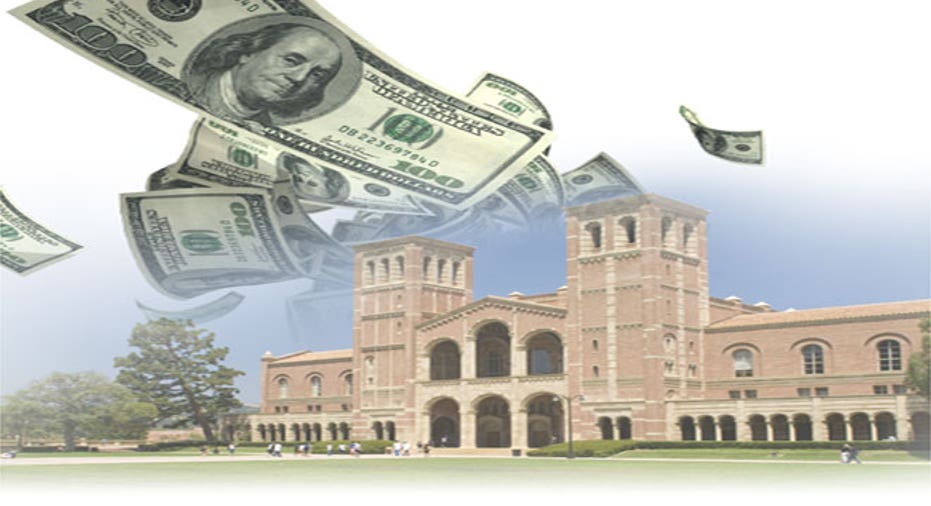Advice for Seniors Buried in Student-Loan Debt

The student loan debt load in America is growing like weeds, and while some may think of it as just a young person’s problem, today many older Americans are struggling to break free from its debilitating hold.
According to the Government Accountability Office, outstanding federal student loan debt owed by “older Americans” increased six-fold since 2005. An overwhelming 706,000 households headed by 65-year-olds and older have $18.2 billion in student loan debt, a 600% increase in 12 years. About 25% of loans held by 65 – 74-year-olds is in default.
Between 2002 and 2012, the number of seniors 65-years-plus who had Social Security income garnished increased by 500%. The Guardian’s U.S. Money Blog reports that in 2013 the Treasury collected $150 million from the Social Security benefits of folks over age 65 who still owe money on student loans. It may sound hard to believe, but if you don't address it, student loan debt can follow you all the way through retirement.
Natalia Abrams, co-founder and executive director of Student Debt Crisis, offered the following advice for seniors buried under student loan debt:
Boomer: What advice would you give older Americans facing an overwhelming student debt load?
Abrams: Take advantage of repayment programs – income based repayment, income contingent repayment, income sensitive repayment -- and learn about public service loan forgiveness. Speak with a trusted credit counselor. Some circumstances just need professional advice. You don’t have to tackle your debt alone. Sometimes a lawyer is your only option. It can be costly, but compared to immense student debt, it can be the right choice.
When planning for college expenses, consider 529 plans to get a head start on other children’s education. If you need more loans, try direct loans for children as opposed to Parent PLUS loans – if possible.
Boomer: Are student loans ever forgiven? Can someone file bankruptcy if unable to make payments on student loans?
Abrams: There are some instances where your loans can be forgiven, however this is rare. Look into a closed school discharge and the Corinthian 100 fight. A disability discharge can be an option, but qualifying requires “total and permanent disability” -- which includes extreme cases.
Bankruptcy is rare and most loans cannot be forgiven. Less than one tenth of one percent of debtors who file for bankruptcy even attempt to have their student loans discharged.
Boomer: What is the difference between a federal student loan and a privately owned student loan? Is one easier than the other to work with when repaying the debt?
Abrams: Federal loans are direct loans issued by the Department of Education. There is a set interest rate – starting July 1st interest rates will be 4.29% (students) to 6.84% (Parent PLUS). Federal loans are also federally backed, which means failure to pay results in wage, Social Security and disability checks garnishment.
Private loans are issued by private banks, but are also federally backed and come with the same structures to guarantee payment. However, they have varying interest rates and are not applicable for the federal repayment programs granted for federal loans.
The federal repayment options (IBR, ICR, PAYE) are flexible with your income, making repayment easier for distressed borrowers. Public Service Loan Forgiveness means that federal loan borrowers can create relief for themselves. Defaulted federal loan holders have more ability to improve their loan status, one option being Loan Rehabilitation. Federal loans are forgiven with a borrower’s death, but private loans are not. For grieving families this can be a double sting.
Boomer: What is the difference between Parent PLUS loans and direct loans to students?
Abrams: Here are some of the differences: Loan origination fee for Parent PLUS loans is more than 4 times as much as students’ loans. Parent PLUS loans are approved based on parents’ credit history, while direct loans for students are given based on need. Parent PLUS loans have higher interest rates than direct federal loans. IBR, ICR, PAYE & Public Service Loan Forgiveness are not available for Parent PLUS Loans. Parent PLUS loans are to be paid starting immediately. There is no in-school deferment for parents.



















